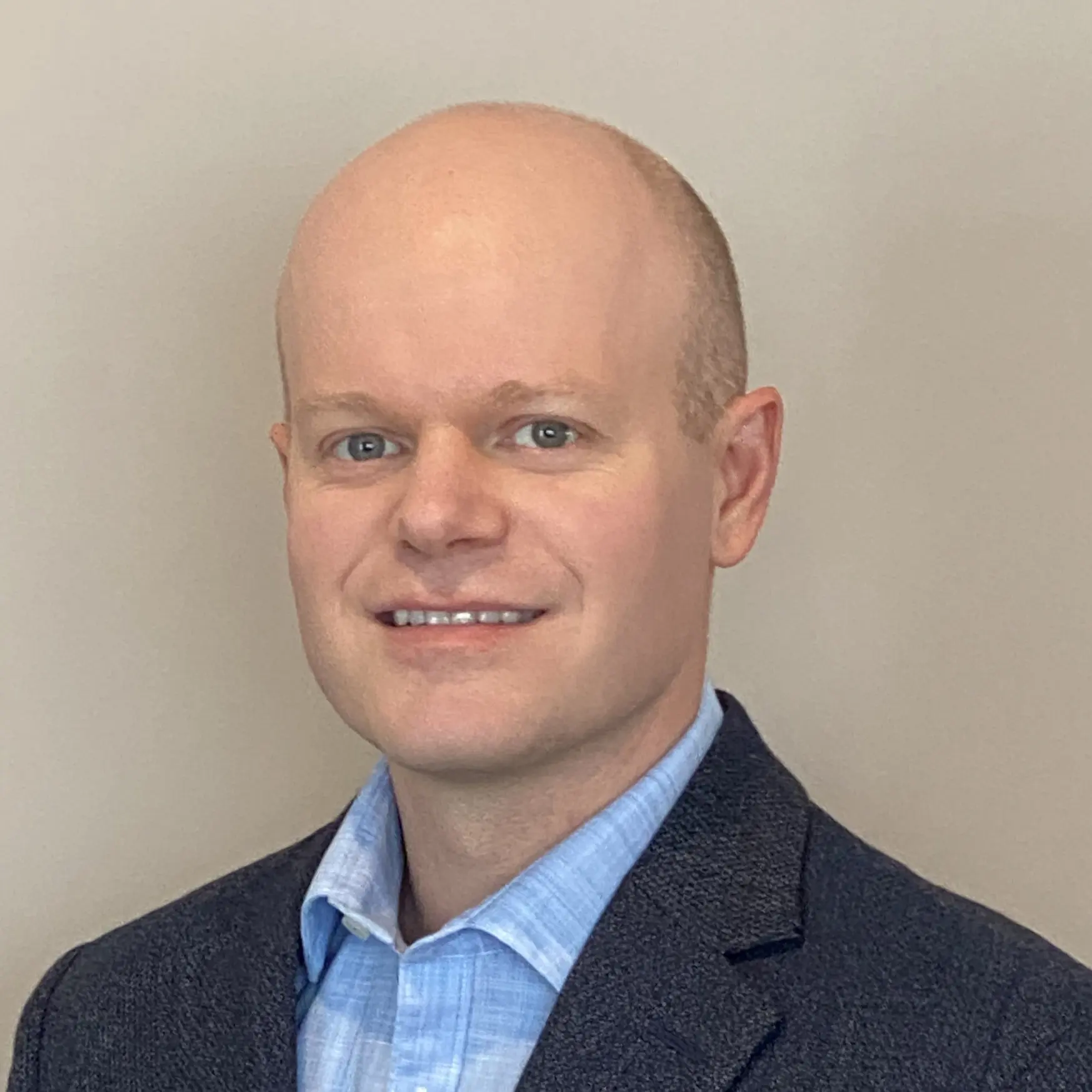Researchers say Suntheanine may improve sleep quality, and works even if your child is taking stimulant medication.
When children with ADHD can’t sleep night after night, the results can be frustrating for the entire family: the poor school performance … the missed classes … the hyperactive behavior … the problems with moodiness. If only he could sleep better at night, he might be able to function better during the day! Researchers have heard your pleas, and promising new options are emerging.
A newly published University of British Columbia study has found that giving good-tasting, chewable supplements containing Suntheanine L-theanine may help improve your child’s sleep quality without significant side effects. The researchers reassuringly noted that the benefits were consistent among children regardless of whether they were also taking stimulant medication.
Study details
It’s estimated that 25-50 percent of children and teens with ADHD experience some type of sleep problem, which could affect their performance in school as well as contribute to problems with hyperactivity and emotional issues. It’s also estimated that boys are three times more likely than girls to have ADHD.
This randomized, 10-week, double-blind, placebo-controlled trial , published in Alternative Medicine Review, involved 98 boys diagnosed with ADHD, ranging in age from 8-12 years. Participants consumed two chewable tablets twice daily (at breakfast and after school), with each tablet containing 100 mg. of Suntheanine, a patented form of pure L-theanine or a placebo. Their parents completed the Pediatric Sleep Questionnaire at baseline and at the end of the treatment period. In addition, the boys were monitored with an actigraph – a wristwatch-like device that records sleep activity levels and related data.
The Actigraph watch findings indicated that boys who consumed the Suntheanine obtained significantly higher sleep percentage and sleep efficiency scores, along with a non-significant trend for less activity during sleep (defined as less time awake after sleep onset) compared to those in the placebo group.
“These improvements were compelling and significant,” commented lead researcher Michael R. Lyon, M.D., who points out that additional research is needed. “While L-theanine has been studied for its effects on stress, mood and cognition in non-ADHD subjects, this is the first report of its effects in children with ADHD. Given the importance of sleep in assisting children with attention, memory, emotion and behavior in the daytime, it warrants investigation to determine whether L-theanine’s effects on sleep are long-term and whether they translate into measurable positive changes in ADHD symptoms.”
He cautions: “Some lower cost products may not contain enough of the proper form of L- theanine to be effective. We analyzed six commercially available products labeled as L-theanine, and discovered that five contained significant amounts of another compound. The safety and effectiveness of these mixtures have not been determined. Only Suntheanine contained pure L- theanine, which is why we chose to use it for this study.”
This study was conducted at the Canadian Centre for Functional Medicine in conjunction with the Food, Nutrition & Health Program at the University of British Columbia. For additional studies about Suntheanine, visit www.nostress.com.
Media Note: For additional information, or to arrange an interview with Dr. Lyon, contact Media Relations, Inc. at 612-798-7220.
About Michael R. Lyon, BSc, MD
Dr. Michael Lyon is a practicing physician and the Medical and Research Director for the Canadian Center for Functional Medicine located in Vancouver, B.C. A fun and interesting guy with a real zest for living, he’s known by members of his local broadcast media as the ‘extreme commuter’ because he flies his helicopter to work.
Dr. Lyon heads up a team of clinicians and researchers dedicated to biotechnology, nutritional and natural health product research. He is an Adjunct Professor in the Food, Nutrition and Health Program at University of British Columbia and is involved in collaborative clinical research with the University of Toronto, the McMaster University, Rutgers University and Vancouver Island University. He currently conducts and oversees research teams in the fields of obesity, diabetes and appetite regulation; childhood behavioral disorders; anxiety and insomnia.
A polished media expert
Dr. Lyon has conducted countless print and broadcast interviews throughout the U.S. and Canada including multiple appearances on Canada A.M.. He was the subject of special feature programming on the 700 Club. He also is an accomplished speaker and presenter who is always well received by both the general public and health professionals.


0 Comments